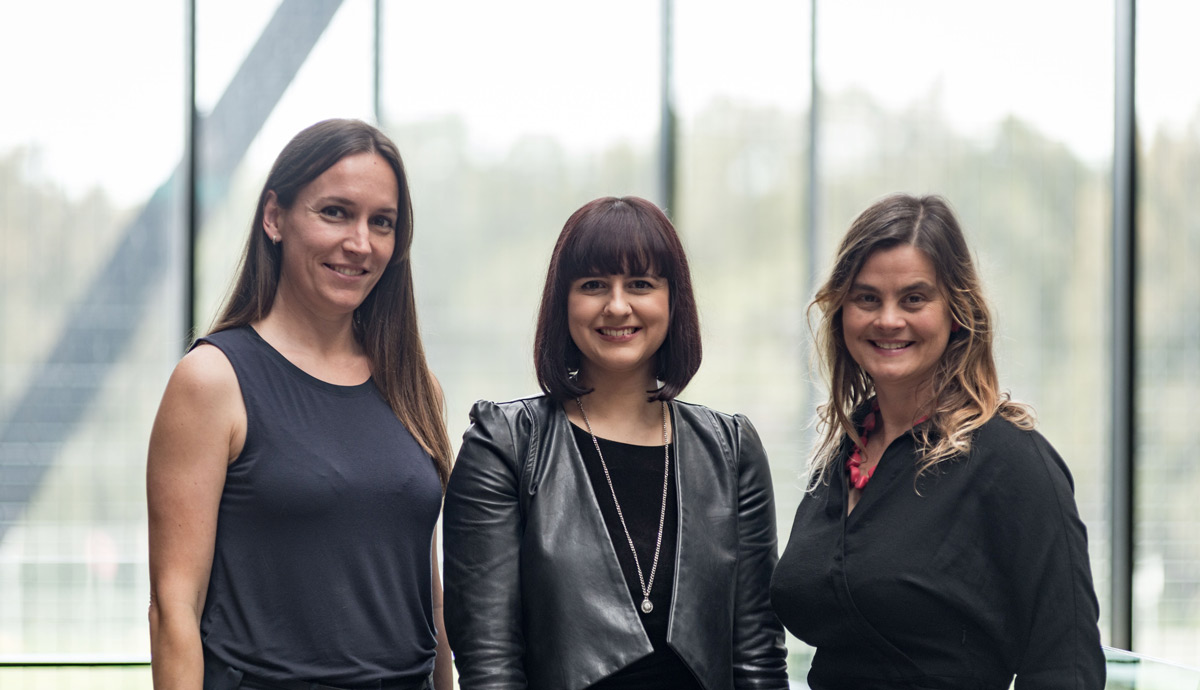June 27, 2017
Dementia research focus for NSW Health scholarship recipient
Kara Cappetta awarded prestigious NSW Health Scholarship.
Before commencing her PhD studies at the University of Wollongong (UOW), Kara Cappetta was employed as a speech therapist and experienced first hand the difficulties in supporting people with dementia in hospitals.
She was prompted to take action, with the belief that hospital care for this population was in need of improvement.
“People with dementia in hospitals often experience negative outcomes, including long lengths of stay, high mortality, and high likelihood of readmission,” Kara said.
“The problem is compounded by people often not being identified as having dementia during their hospital stay, which means clinicians are not always alert to their needs.”
Kara’s studies were given a recent boost when it was announced earlier this month that she was a recipient in the prestigious NSW Health PhD Scholarship Program, a program that aims to build research capacity and enhance the delivery of health services and clinical care within the NSW Health system.
Through her PhD, Kara will focus on one of Australia’s healthcare priorities: dementia identification and management.
Her research is made possible through the Illawarra Health Information Platform (IHIP), which was created by the Centre for Health Research Illawarra Shoalhaven Population (CHRISP) – a joint research partnership with the Illawarra Shoalhaven Local Health District (ISLHD) and UOW’s Australian Health Services Research Institute (AHSRI).
“There are many gaps in our knowledge around patterns of admission for people with dementia and the factors that are linked with patient outcomes,” Kara said.
“By analysing admission patterns, we hope to find factors that prompt the identification of dementia, and use this information to inform programs which can improve outcomes for people with dementia in the hospital system.”
IHIP was created to provide access to high quality health data and build capacity for research and evaluation. It includes a sophisticated health records linkage system and a non-identifiable health databank encompassing data sourced from ISLHD and elsewhere.
AHSRI Director Kathy Eagar said the new research partnership brings together clinicians and researchers through a shared resource; a linked data platform combining detailed hospital and community data that is unique in Australia.
“A team brought together from both ISLHD and UOW are using the platform to support research which will help to improve health care outcomes for people living in the Illawarra and Shoalhaven region,” she said.
ISLHD Chief Executive Margot Mains said the scholarship is great news for dementia research.
“This is great news for dementia research and highlights the unique opportunities which now exist for ISLHD through the use of linked and longitudinal IHIP data to facilitate health services research,” she said.
“We look forward to the outcomes which will follow from this award, and from this valuable research concerning the hospitalisation of people with dementia.”
